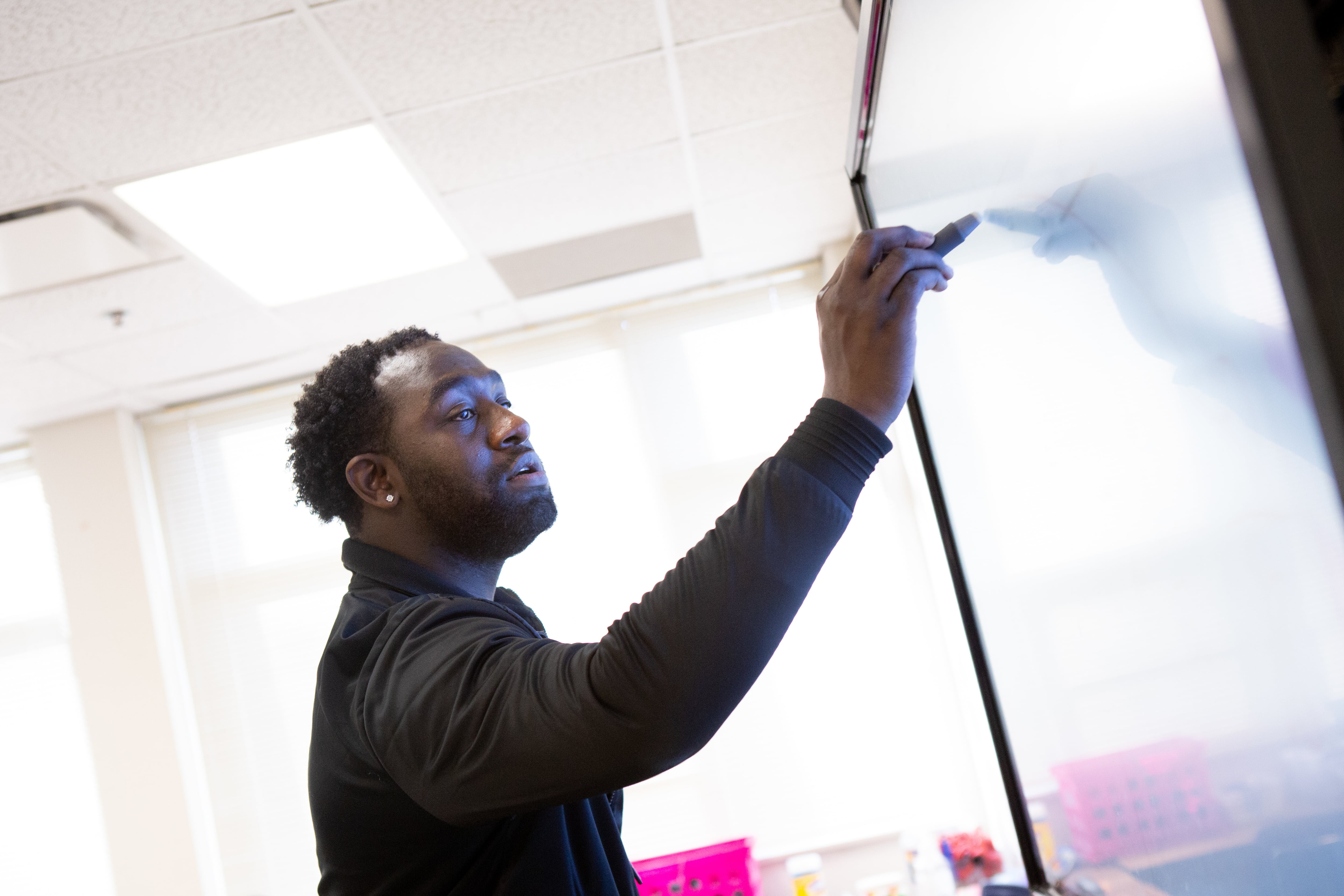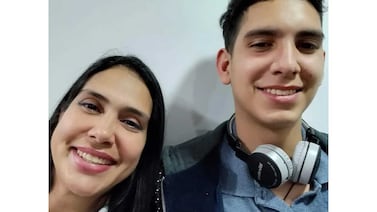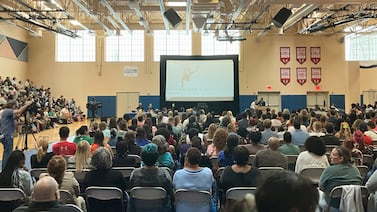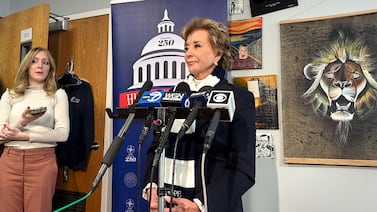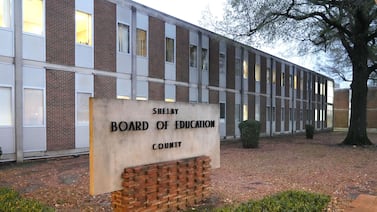In a city where 80% of students are Black and Hispanic, only 24.5% of Philadelphia’s teachers are Black and around 5% are Latino. Less than 5% of teachers are Black men.
While Superintendent William Hite has said he wants to have 1,000 Black male teachers in the district by 2025, a new national report says schools and districts need to make significant changes to recruit and retain teachers of color.
The report, from the Center for Black Educator Development and Teach Plus, a nonprofit that works to create teacher leaders around equity issues, says districts need to reassess curriculum, have honest discussions about race and racial issues in schools, and make sure civic leaders and community groups are committed to diversifying the pool of teachers.
“When teachers of color thrive, so do students,” said Lindsay Sobel, Teach Plus Interim CEO.
Numerous studies have shown that Black students are more likely to graduate from high school if they have at least one Black teacher in kindergarten through eighth grades.
Currently, about 350 of the district’s 8,000 teachers are Black men, a decline from 2001 when about a third of city teachers were Black. The percentage of Black teachers in the city has plateaued over the past several years at just below the quarter mark. That is better than the country as a whole, and far better than Pennsylvania, where less than 6% of all teachers are Black.
As part of its Goals and Guardrails focus on anti-racism, the Philadelphia Board of Education wants to increase teacher diversity.
The district has created several teacher residency and fellowship programs geared towards people of color. It is working on helping paraprofessionals in schools, many of whom are from the community, to earn teaching credentials, said Sharif El-Mekki, founder and executive director of the Center for Black Educator Development and a former Philadelphia teacher and principal. A teacher academy at Science Leadership Academy-Beeber helps high school students pursue a career in education.
The district has also recently created an Office of Diversity, Equity and Inclusion focused on rooting out racist practices and changing policies to do so.
Several Black Philadelphia teachers said that they believe conditions in city schools have improved over the past several years, but much remains to be done.
“It’s about not just recruiting Black teachers, but creating a school culture that celebrates and confirms Black identity,” said Abigail Henry, a social studies teacher at Shoemaker Mastery charter school. She was one of 105 teachers nationwide who participated in a focus group that formed the basis for many of the report’s recommendations.
Henry is also among three city teachers who won a grant to incorporate The New York Times’ “1619 Project,” which reframes American history around slavery, into a curricular unit.
“Schools need not only Black teachers, but anti-racist curriculum that doesn’t sugarcoat our history,” Henry said. At the same time, “conversations about race and racism should be happening in all classrooms.” In 2005, the Philadelphia School District became the first big city to require students to take an African American history course in order to graduate.
Isaac Dunn, who teaches history at Edison High School, said he only had two Black teachers in South Jersey.. “As a young man, it is difficult to take pride in yourself and your work if in everything you see the ethnic group you come from is historically castigated,” he said.
He says it’s important not only to have more educators who reflect the students they’re teaching, but also to reframe pedagogy to put “education and racial justice together and have a community of educators and policies to support you.”
Sam Reed, an African American history and English teacher at the U School, has taught in Philadelphia for 24 years. He said that groups of teachers, including the Caucus of Working Educators, have already been holding meetings, discussions, events, and actions around promoting anti-racism in schools and “incentivizing folks of color.”
The district leadership, he said, “should lean into that work, replicate things that are successful and go from there.”

